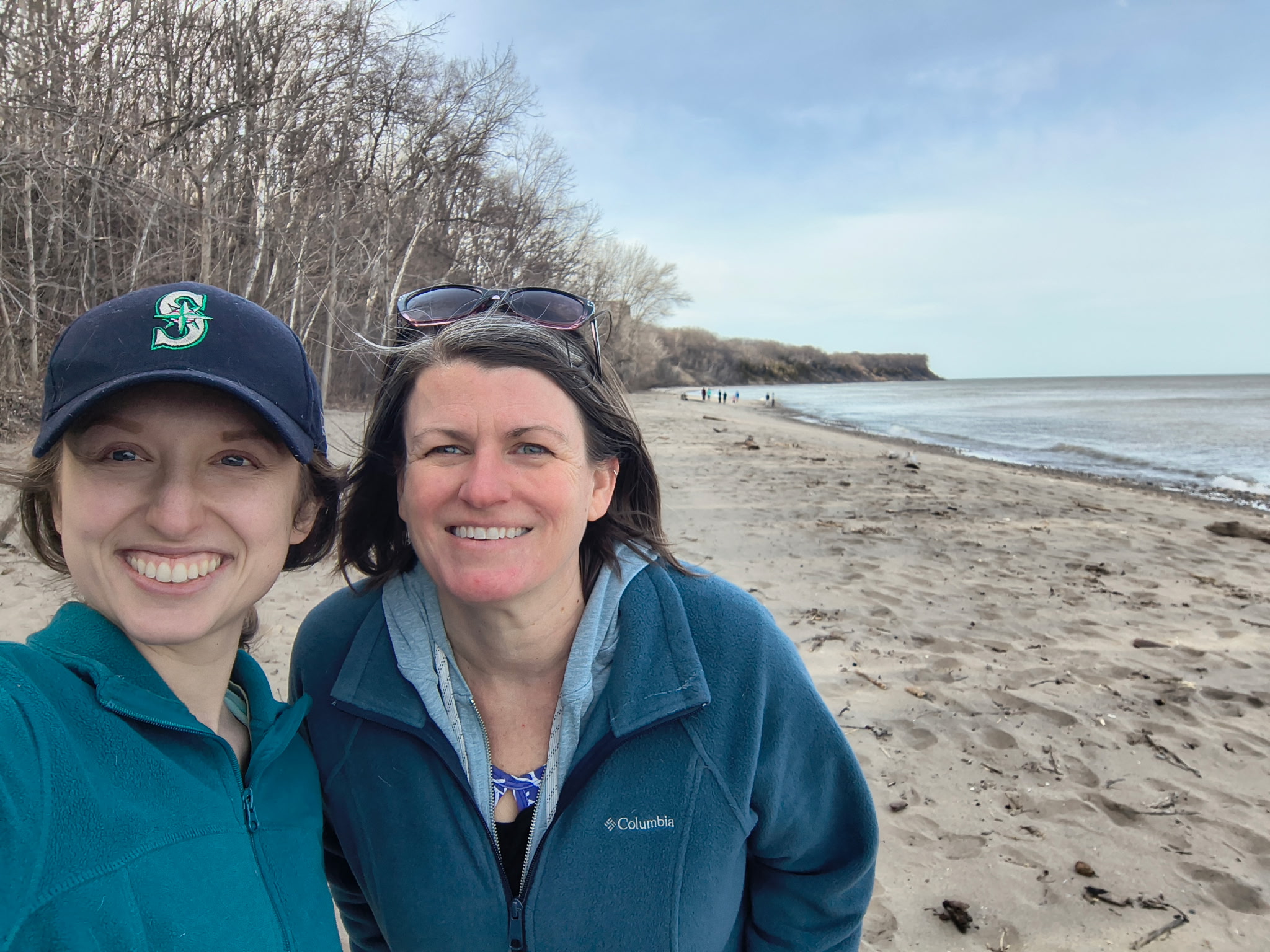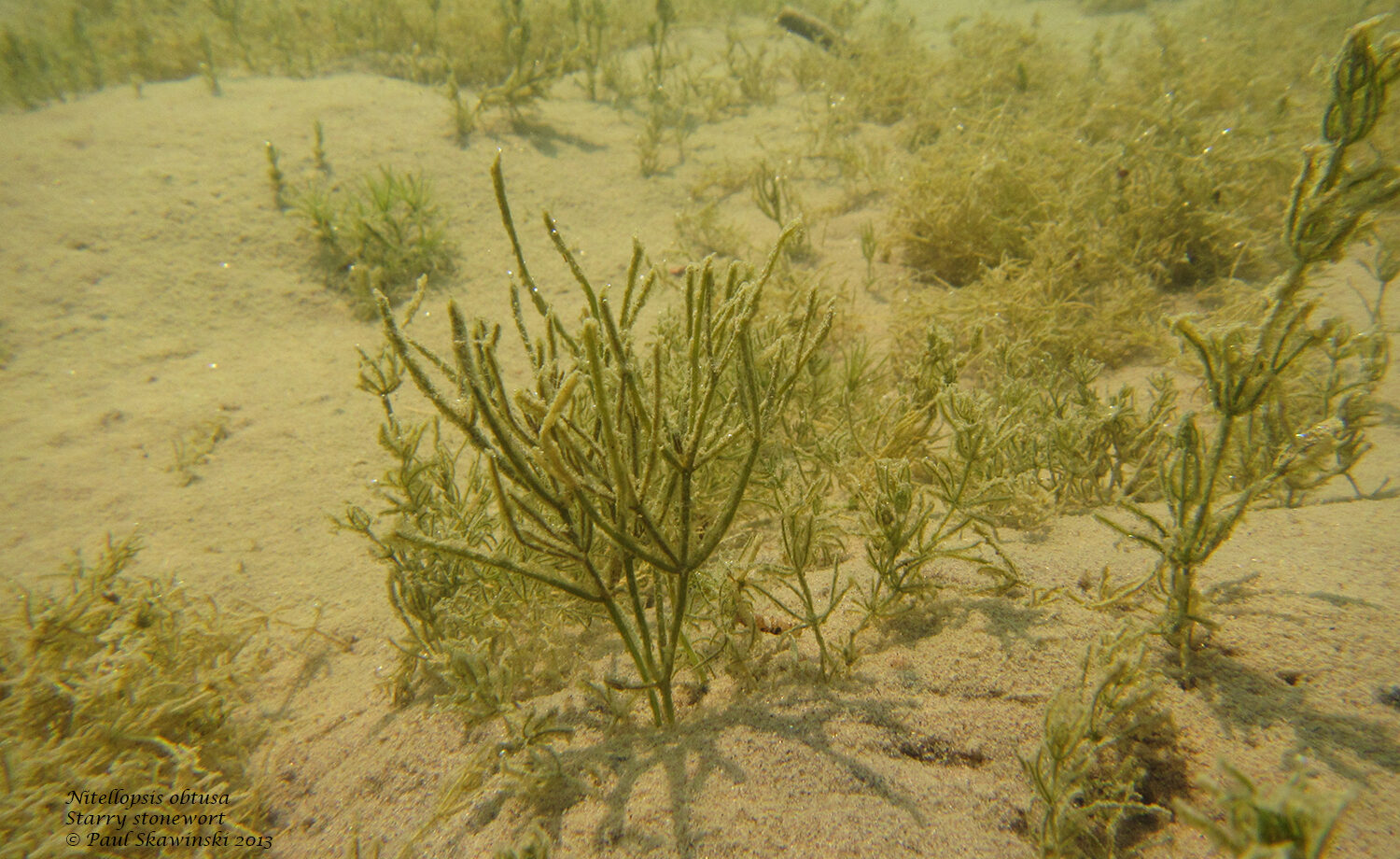July 11, 2018
The National Oceanic and Atmospheric Administration (NOAA) and Sea Grant announce the finalists for the 2019 class of the John A. Knauss Marine Policy Fellowship program. Since 1979, the National Sea Grant College Program has provided one-year fellowships working in federal government offices in Washington, D.C. to over 1,200 early-career professionals. The 2019 finalists will become the 40th class of the John A. Knauss Marine Policy Fellowship program. The 66 finalists represent 30 of the 33 Sea Grant programs. For the first time, Guam Sea Grant successfully recruited a Knauss fellow.
“The Knauss fellowship is one of Sea Grant’s flagship programs. Every class of Knauss fellows continues to raise the bar, and the 2019 finalists are no exception,” said Jonathan Pennock, Director of the National Sea Grant College Program. “I’m also happy to share that in response to growing demand for Sea Grant Knauss fellows in federal government offices, we are pleased to include two additional legislative fellowships for the 40th anniversary class.”
Knauss finalists are chosen through a competitive process that includes several rounds of review at both the state Sea Grant program and national levels. Students finishing Masters (M.S.), Juris Doctor (J.D.), and Doctor of Philosophy (Ph.D.) programs with a focus and/or interest in marine science, policy or management apply to one of the 33 Sea Grant programs. If applicants are successful at the state program level, their applications are then reviewed by a national panel of experts. Wisconsin Sea Grant’s finalist is Haley Briel; find out more about her below.
This fall, the 2019 finalists will travel to Washington, D.C., to interview with several executive or legislative offices. Following placement, they will begin their fellowships in February 2019.
Executive appointments for the 2018 Knauss fellows included placements throughout NOAA as well as with Department of the Interior, National Science Foundation, U.S. Navy, and other agencies. Legislative placements included the Senate Committee on Environment and Public Works (Minority), the House Committee on Transportation and Infrastructure (Majority), the Senate Commerce Committee (Majority and Minority), the House Committee on Natural Resources (Minority), and several placements in both majority and minority Congressional offices.
This year’s Knauss finalists join a group of over 1,200 professionals who have received hands-on experiences transferring science to policy and management through one-year appointments with Federal government offices in Washington, D.C.
Knauss alumni go on to have successful careers in all sectors of society. Learn more about Knauss alumni by visiting “Where are they now?” on the Sea Grant website.
About Haley Briel, Wisconsin Sea Grant finalist
In May 2018, Haley Briel completed a dual master’s in Urban and Regional Planning and Water Resources Management at the University of Wisconsin-Madison. She also holds a bachelor’s degree in Earth and Environmental Sciences from Vanderbilt University in Nashville, Tenn.
Between college and graduate school, Briel spent three years in a small city in South Carolina, working with varied stakeholders to promote environmental sustainability and awareness of the local waterway. Said Briel of the experience, “I found that my professional strengths lie in leveraging local knowledge and providing individuals the resources they need to improve the communities they know and love.”
While a graduate student in Madison, Briel has worked as a Program and Policy Analyst for the Wisconsin Department of Health Services, where she played a leading role in developing a flood resilience scorecard. The scorecard is designed to help municipalities evaluate their vulnerabilities in the face of such an event and, ultimately, to provide recommendations to decrease adverse effects.
Briel feels strongly about the ways in which public health, the environment and social equity are intertwined. As she has written, “As a Toledo, Ohio native, I am deeply aware of how water quality issues can affect life both physically and emotionally. Over the summer of 2014, cyanobacteria made our water supply undrinkable, which made a permanent and profound impression on me and my career choices.”
Note: Placement of 2019 Knauss finalists as fellows is contingent on adequate funding in Fiscal Year 2019.





